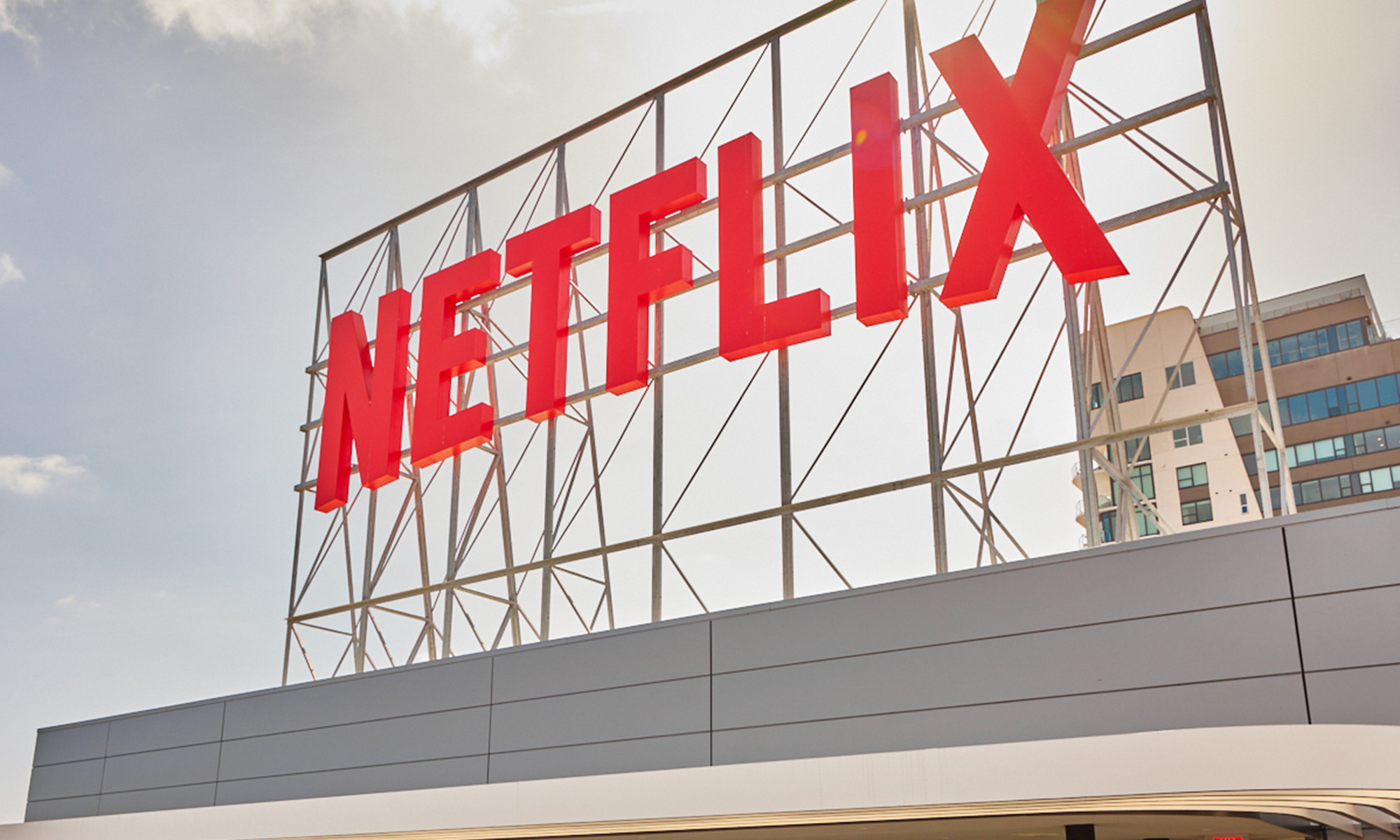This is the year when Disney (DIS +1.11%) turns heel, going from being a Netflix (NFLX +0.15%) ally into potentially its greatest adversary. The House of Mouse is starting to pull content from Netflix's streaming platform as the renewals come up, setting its sights on rolling out its own branded service by the end of this year.
Disney won't be phoning it in with Disney+. It will be tapping some of its strongest franchises as fodder for original programming, ripping a page out of the Netflix playbook. Disney realizes that there's a lot at stake, and soon it will own a controlling interest in Hulu, the fast-growing platform that offers a greater breadth of current television programming than Netflix. Some believe that Disney will be the media giant that finally topples Netflix from the streaming video throne, but there's a better argument to be made the other way around. Disney is unlikely to be a larger player in streaming than Netflix. Don't be surprised if Netflix winds up being the larger and more successful media company -- and investment.

Image source: Disney.
Lights, camera, traction
Disney and Netflix aren't far apart in terms of market cap despite the former's broader brand recognition and revenue generation. Disney is a $165 billion company by market cap. Netflix is currently valued at $146 billion, and topped Disney when the shares were hitting all-time highs last year. Disney's lead widens when you consider enterprise value, given its more leveraged position, but it's worth pointing out the differences in how each company got there. Growth at Netflix has been largely organic. Disney, on the other hand, has gained its heft through big-ticket acquisitions of Capital Cities/ABC, Pixar, Marvel, and Lucasfilm.
Value investors will flock to Disney. It's consistently profitable, and it trades at a revenue multiple that is less than a third of what Netflix is commanding. Disney is also the logical choice for the "content is king" crowd given its unmatched intellectual property, but is content really king?
The appeal of Netflix -- the reason that it has grown to nearly 110 million paid subscribers worldwide -- is that it's a curator of all content. Disney+ will be great, but it will be limited to the media mogul's own catalog. Disney's arsenal of intellectual property is impressive, but Netflix throws out a much wider net.
There's also something to be said for scalability. Hulu may have grown its rolls by 8 million subscribers in 2018 -- more than the 5.68 million gain for U.S. Netflix memberships -- but Netflix grew by nearly 9 million members globally in just its latest quarter.
Playing the field also has its advantages. Disney has a lot of impressive parts, but when one of its subsidiaries bumps up against hard times, it's not an easy fix. Disney is struggling as a result of declining viewership at ESPN despite league deals that grow costlier every year. It's a lot harder for Disney to shake off a poor performer than Netflix, which can just not renew a licensing deal that isn't working out for the service.
Disney -- despite all of its needle-moving acquisitions over the years -- hasn't posted double-digit revenue growth for 14 consecutive fiscal years. Netflix is naturally growing at a considerably headier clip. Both companies are positioned nicely for the year ahead. I also own both stocks, so I do expect Netlix and Disney to beat the market over the long haul. However, Netflix is the one that has established itself as the more powerful wealth creator. If you want more proof, consider that Netflix has increased its flagship plan's price by nearly 63% over the past five years for stateside subscribers -- yet its global audience has tripled in that time. Disney should be a good media stock for investors in the next couple of years, but Netflix has the momentum and model to fare even better.
Check out the latest Disney and Netflix earnings call transcripts.







